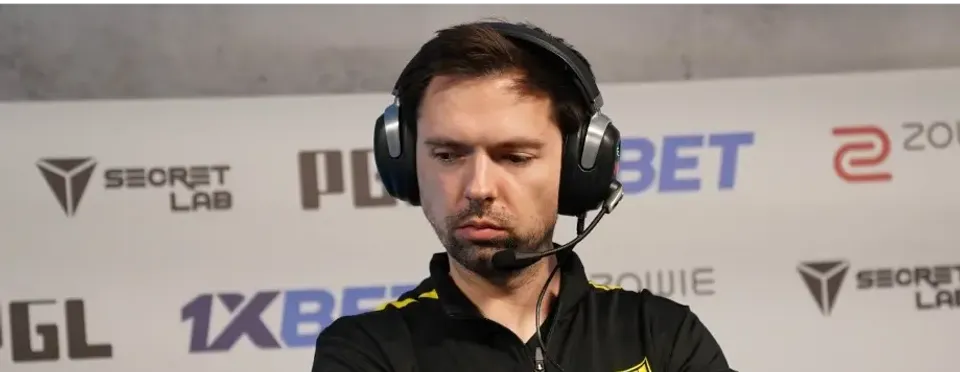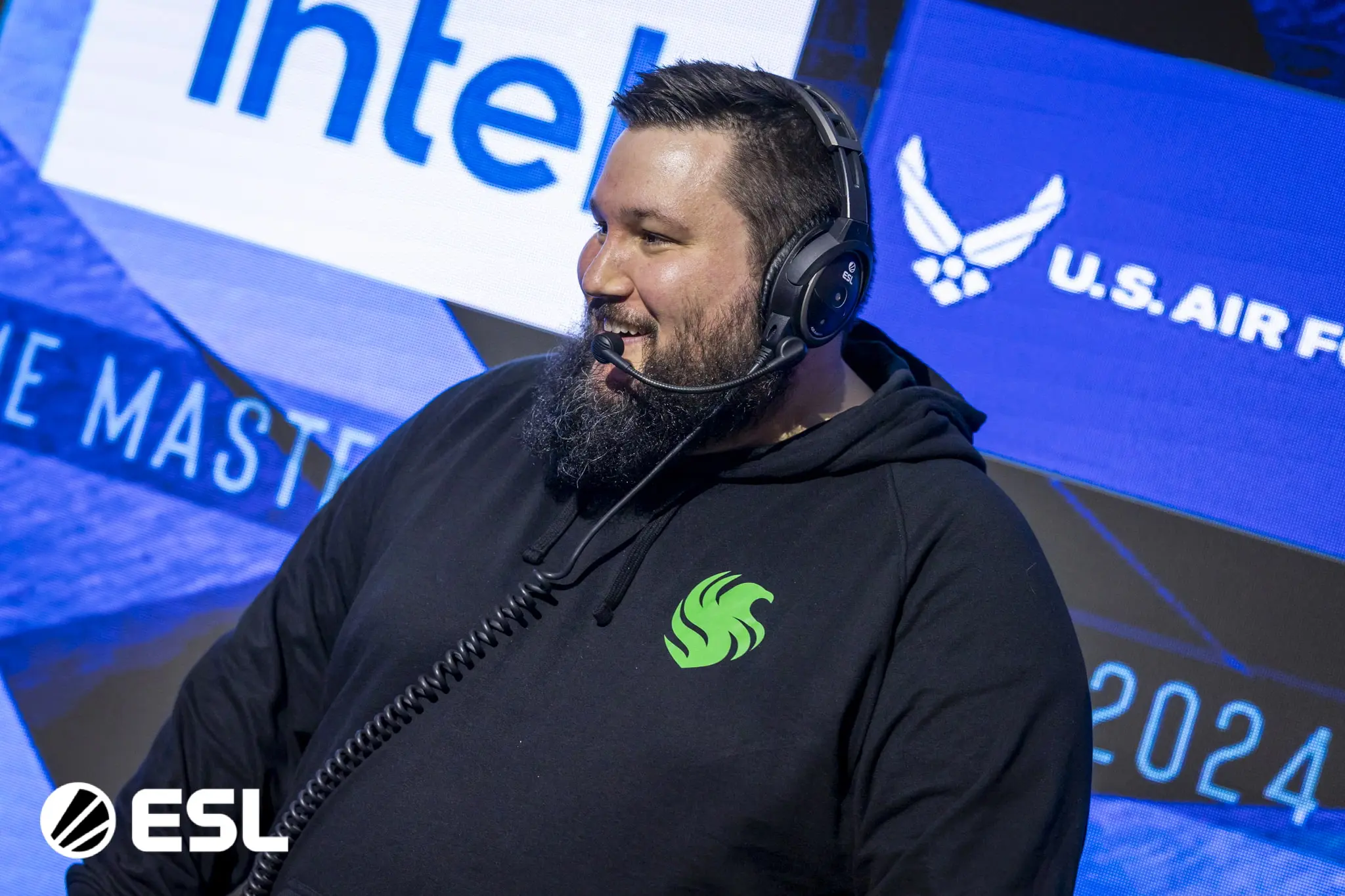
Counter-Strike 2 is much more than just a first-person shooter game. It encompasses in-depth tactics, strategic money management, player setups, utility usage, team synergy, and situation analysis. While players are primarily responsible for honing their mechanical skills and maintaining consistency, the behind-the-scenes work of coaches and analysts is indispensable. These professionals ensure that teams are always tactically, mechanically, mentally, and physically prepared for matches and tournaments. Their roles are complex and multifaceted, playing a critical part in the success of any CS2 team.
Main Tasks of a Coach in CS2
Analyzing Current Meta and Coming Up with New Strategies
One of the most crucial tasks for a CS2 coach is to stay abreast of the latest developments in the game, commonly referred to as the "meta." The meta includes the most effective tactics, strategies, and setups currently used by top teams. Coaches must analyze these trends to prepare their team to both adopt successful strategies and counter those used by their opponents. For instance, if a new strategy involving a particular map setup becomes popular, the coach must decide whether to incorporate it into their team’s playbook or devise a counter-strategy.

READ MORE: Why CS2 Skins Are So Expensive
Adjusting Tactics During Matches
Matches often deviate from the expected course, and it’s the coach’s responsibility to adapt strategies in real-time. This involves keen observation of the opponent’s gameplay to identify patterns and weaknesses. Coaches must then communicate these insights quickly and clearly to their team, enabling them to adjust their tactics on the fly. This ability to adapt is often the difference between winning and losing in high-stakes matches.
Calling Timeouts
Timeouts in CS2 are a strategic tool that coaches use to regroup and rethink their approach during a match. Coaches can call up to two timeouts per match, each lasting a short duration. Effective use of timeouts can help a team break an opponent’s momentum, calm nerves, and implement new strategies. For example, if a team has been playing a slow, methodical game, a timeout might be used to switch to a more aggressive, fast-paced approach to catch the opponents off guard.
Coaching Players Individually
A significant part of a coach’s role is to work with players on an individual basis. This includes reviewing their gameplay to identify strengths and weaknesses, providing personalized feedback, and suggesting specific improvements. Whether it’s refining mechanical skills, improving decision-making, or optimizing utility usage, individualized coaching ensures that each player can contribute effectively to the team’s overall performance.
The Role of Analysts in CS2
Data Analysis
Analysts in CS2 focus on gathering and interpreting in-game data to provide actionable insights. They meticulously examine statistics, player performance metrics, and match replays to identify trends and patterns. This data-driven approach helps teams understand their strengths and weaknesses, informing strategic decisions. For example, an analyst might track a team’s performance on various maps to determine their best and worst locations, which can then be used to refine practice sessions and match strategies.
Specialization in Teams or Game Titles
Some analysts specialize in specific game titles or teams, allowing them to develop deep expertise in particular areas. For instance, an analyst might become an expert in the nuances of CS2’s evolving meta or focus exclusively on analyzing a particular team’s playstyle and internal dynamics. This specialization enables them to provide highly detailed and relevant insights, helping teams to stay competitive at the highest levels.
Supporting Coaching Staff
Analysts work closely with coaches to support the team’s strategic planning and development. They provide the data and insights that coaches need to make informed decisions about tactics, player roles, and overall team strategy. This collaboration ensures that the team is well-prepared for every match, with a clear understanding of both their own capabilities and the tendencies of their opponents.


Differences between Coaches and Analysts
Roles and Responsibilities
While both coaches and analysts play crucial roles in a CS2 team, their responsibilities are distinct. Coaches are directly involved in the day-to-day management of the team, including tactical planning, player development, and in-game leadership. Analysts, on the other hand, focus on data analysis, providing the information and insights needed to inform the coach’s decisions. Coaches interact with players regularly to offer guidance and feedback, whereas analysts may work more behind the scenes, crunching numbers and studying gameplay.
Interaction with Players
Coaches spend a significant amount of time working directly with players, offering both tactical and personal support. They need to build trust and rapport with each player to effectively communicate strategies and feedback. Analysts, however, might have less direct interaction with players, focusing instead on providing the coaching staff with detailed reports and analyses that can be used to guide training sessions and match preparations.
Scope of Work
The scope of a coach’s work is broader, encompassing everything from team morale and mental preparedness to strategic adjustments during matches. Analysts have a more focused role, delving deep into statistical analysis and game data to unearth insights that can give the team a competitive edge. Both roles require a deep understanding of the game, but they apply this knowledge in different ways.

Case Study: Role of Coaches and Analysts in Fnatic
Strategic Mastery
At Fnatic, the coach and analyst work in tandem to develop and refine tactical strategies. The coach collaborates with the Head Coach to formulate game plans, emphasizing counter-strategies and opponent analysis. The analyst provides the data and insights necessary to support these strategies, ensuring that the team is always one step ahead of their competition.
Player Development
Player development at Fnatic is a collaborative effort between the coach and the analyst. The coach works closely with individual players to enhance their skills through personalized coaching and practice sessions. The analyst supports this process by providing detailed performance metrics and feedback, helping players to identify areas for improvement and track their progress over time.
Live Match Analysis
During live matches, the analyst plays a crucial role in providing real-time insights and feedback. They analyze the gameplay as it unfolds, identifying trends and suggesting adjustments that can be communicated to the players through the coach. This dynamic interaction between the coach and the analyst ensures that the team can adapt quickly to changing circumstances and maintain their competitive edge.
Challenges Faced by Coaches and Analysts
Keeping Up with the Meta
One of the biggest challenges for coaches and analysts is staying current with the ever-evolving meta of CS2. The game is subject to regular updates and changes, which can significantly impact strategies and tactics. Both coaches and analysts must continuously study the latest developments and incorporate them into their planning and analysis.
Balancing Team Dynamics
Maintaining a positive team dynamic is another critical challenge. Coaches must manage personalities, resolve conflicts, and keep players motivated. Analysts must provide constructive feedback without undermining the confidence of players. Striking the right balance between critique and encouragement is essential for maintaining a healthy and productive team environment.

Stress and Pressure
The high-stakes nature of competitive CS2 can be incredibly stressful for both coaches and analysts. They are under constant pressure to perform and deliver results, which can take a toll on their mental and emotional well-being. Developing coping strategies and maintaining a work-life balance is crucial for sustaining their performance over the long term.

Conclusion
The roles of coaches and analysts in CS2 are vital to the success of any team. Coaches provide the leadership, strategic direction, and personal support that players need to perform at their best. Analysts offer the data-driven insights and detailed analyses that inform these strategies and help teams stay competitive. Despite the challenges they face, both roles are essential for navigating the complex and ever-changing landscape of competitive CS2. As the game continues to evolve, the contributions of coaches and analysts will remain indispensable, driving teams to new heights of success.
Comments
Upcoming Top Matches
Latest top articles







No comments yet! Be the first one to react